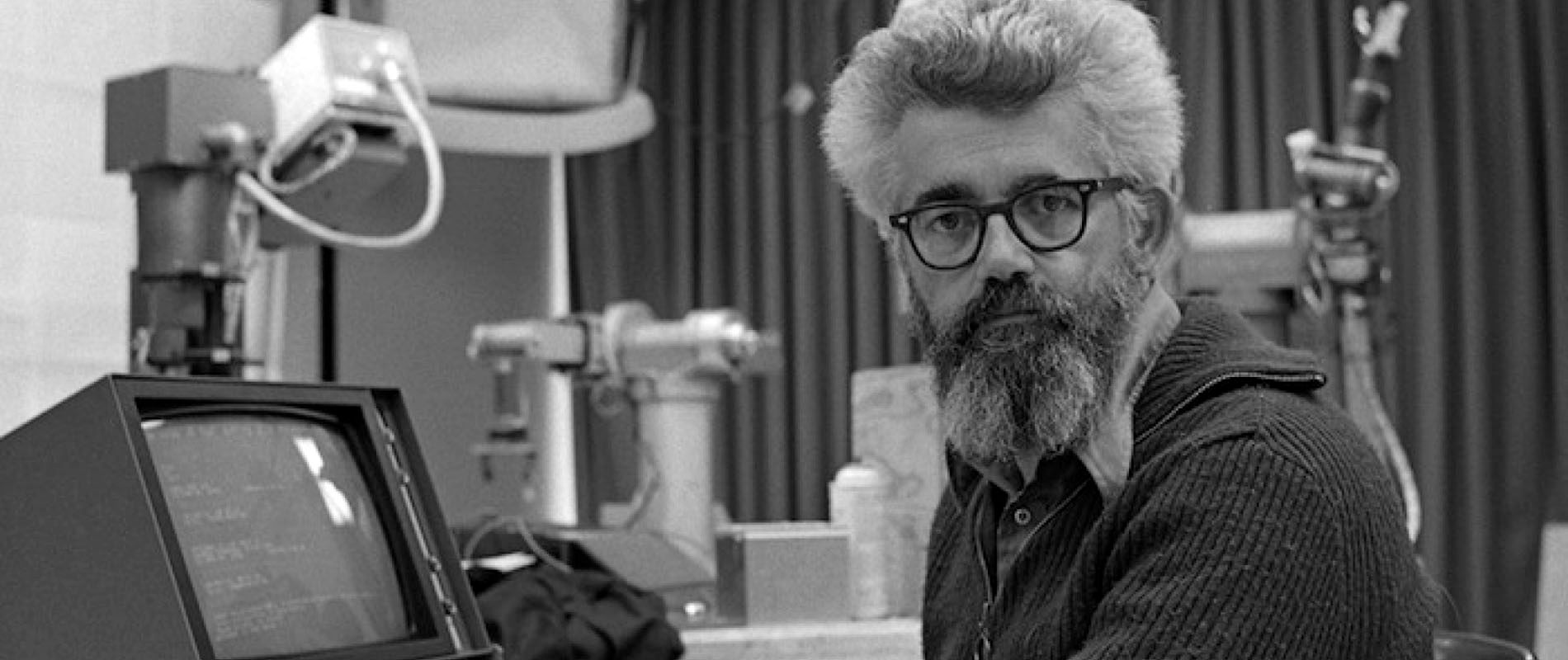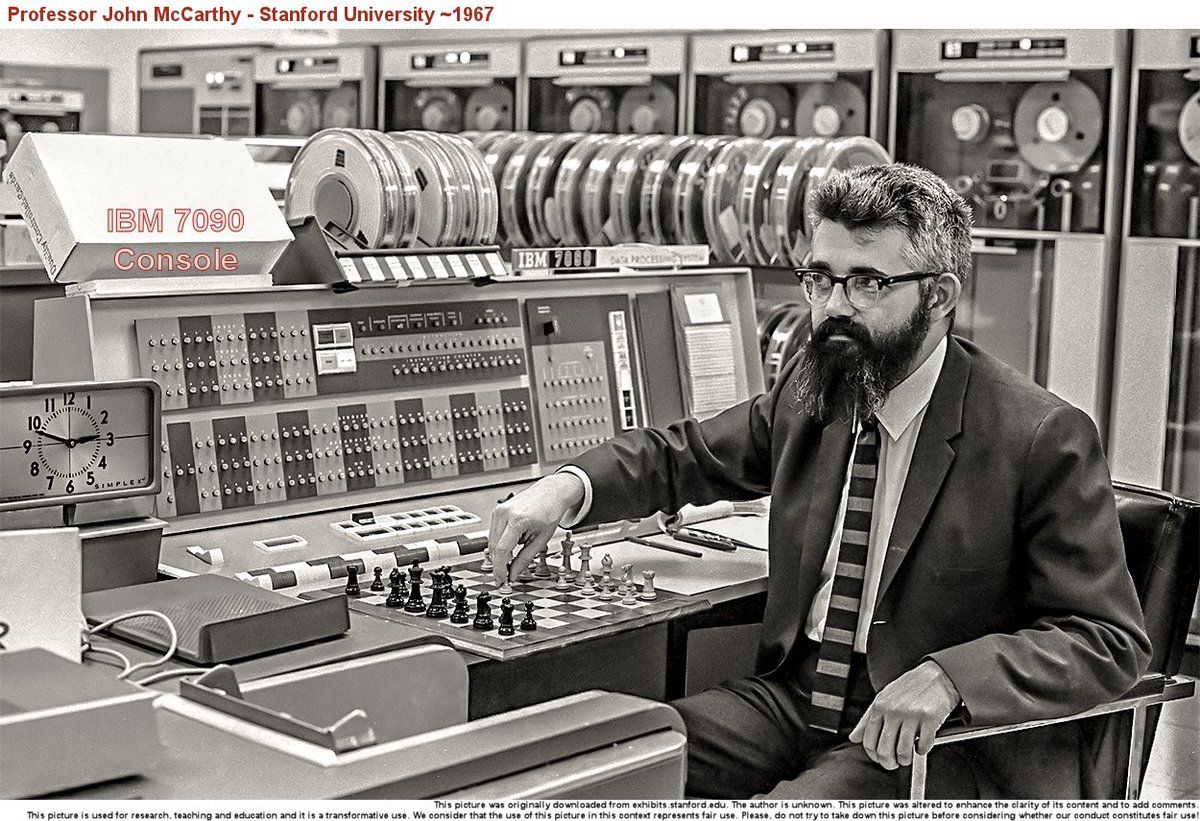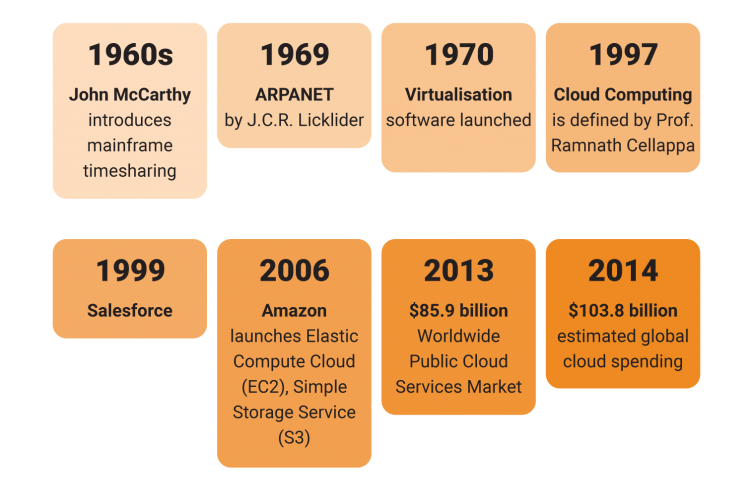How John McCarthy Shaped the Future of AI

John McCarthy, known for his many breakthroughs in Artificial Intelligence, would have been 93 years old today. In honor of his birthday, we present a brief biography and an overview of his contributions.
John McCarthy was an American computer scientist, a pioneer of artificial intelligence (AI). He made significant contributions to the fields of computer science and mathematics that led to inventions in artificial intelligence and interactive computing systems. As part of his contribution to the field of AI, he coined the term “Artificial Intelligence” concerning the proposed summer workshop at Dartmouth College that was attended by the world’s greatest computing scientists. McCarthy defined AI as the science and engineering of creating highly intelligent computing devices. The summer workshop was the beginning of McCarthy’s journey to great inventions in ideas and programming languages that shaped the future of AI.

McCarthy invented the LISP programming language in 1958 using the lambda calculus. The language was primarily used in the creation of artificial intelligence applications. It was used as a standard programming language in developing robotics and scientific applications as well as internet-based services. LISP programming was a major milestone in the development of advanced artificial intelligence applications.
McCarthy made a foundational contribution to artificial intelligence by suggesting and strongly holding that the knowledge required by AI programs must be represented in logical languages using declarative sentences. The proposal to use declarative sentences was based on McCarthy’s perspectives that logical sentences can be true in wider contexts rather than being used in specific programs. His work on AI applications that could function using declarative knowledge inspired other researchers to advance the approach and produce a variety of practical applications. To address the challenges in creating logical systems that used commonsense knowledge, McCarthy advanced the field of AI by extending logic to consider different contexts through the use of default knowledge.

Timesharing is often considered the original foundation for the concept we know today as cloud computing. McCarthy was greatly involved in the creation of the earliest timesharing systems, which significantly contributed to the growth of the Internet. The timesharing system resulted from his proposals to create methods of distributing computer resources. His ideas are instrumental in the design and implementation of dominant computing paradigms for information sharing. The idea was a logical extension of the multiprogramming approach, which would allow people located at different terminals to access a similar computing resource at the same time. the idea of being able to “timeshare” would permit users to affordably perform large computations. McCarthy proposed interactive computers that would facilitate the development of an interactive network to allow people to interact at a similar time. The idea inspired scientists in the MIT community to embrace the proposal and develop a compatible timesharing system. As a result, his ideas about interactive systems shaped the future of interactive computing systems for timesharing capabilities.
Moreover, McCarthy shaped the future of AI by founding the Stanford Artificial Intelligence Laboratory (SAIL) in 1965. After the establishment, SAIL laboratory became a center of excellence in artificial intelligence research, theory, and practice. Among the AI researches conducted at the laboratory included machine intelligence, autonomous vehicles, and graphical interactive computing. Through the institution of the laboratory, McCarthy significantly contributed to different theories and practical ideas that continue to shape inventions in artificial intelligence. While at SAIL, he also published several articles about scientific fictions and future technologies by predicting that the accomplishments of AI systems and the capability to operate genetic code would be among the major scientific developments in the 21st century. Thus, most AI systems are developed by incorporating the ideas suggested by McCarthy in his scientific articles.
Learn More About Allganize's Technology
